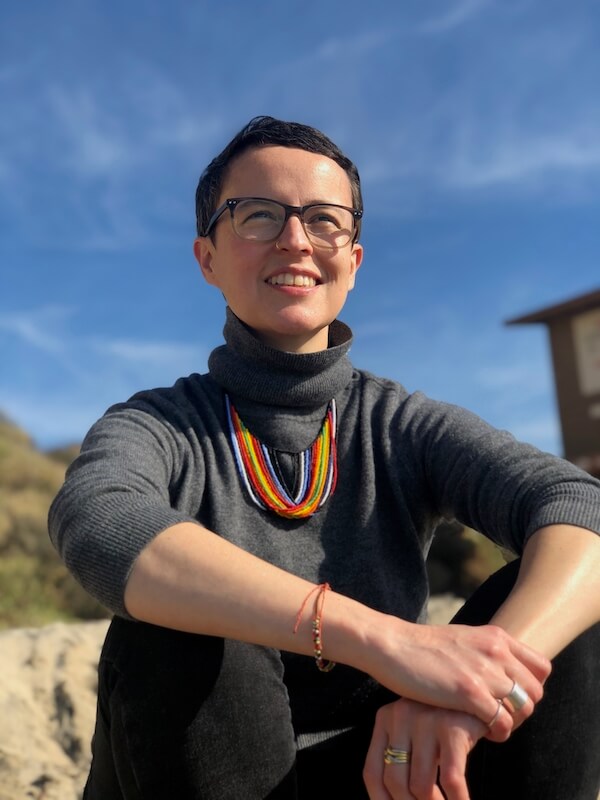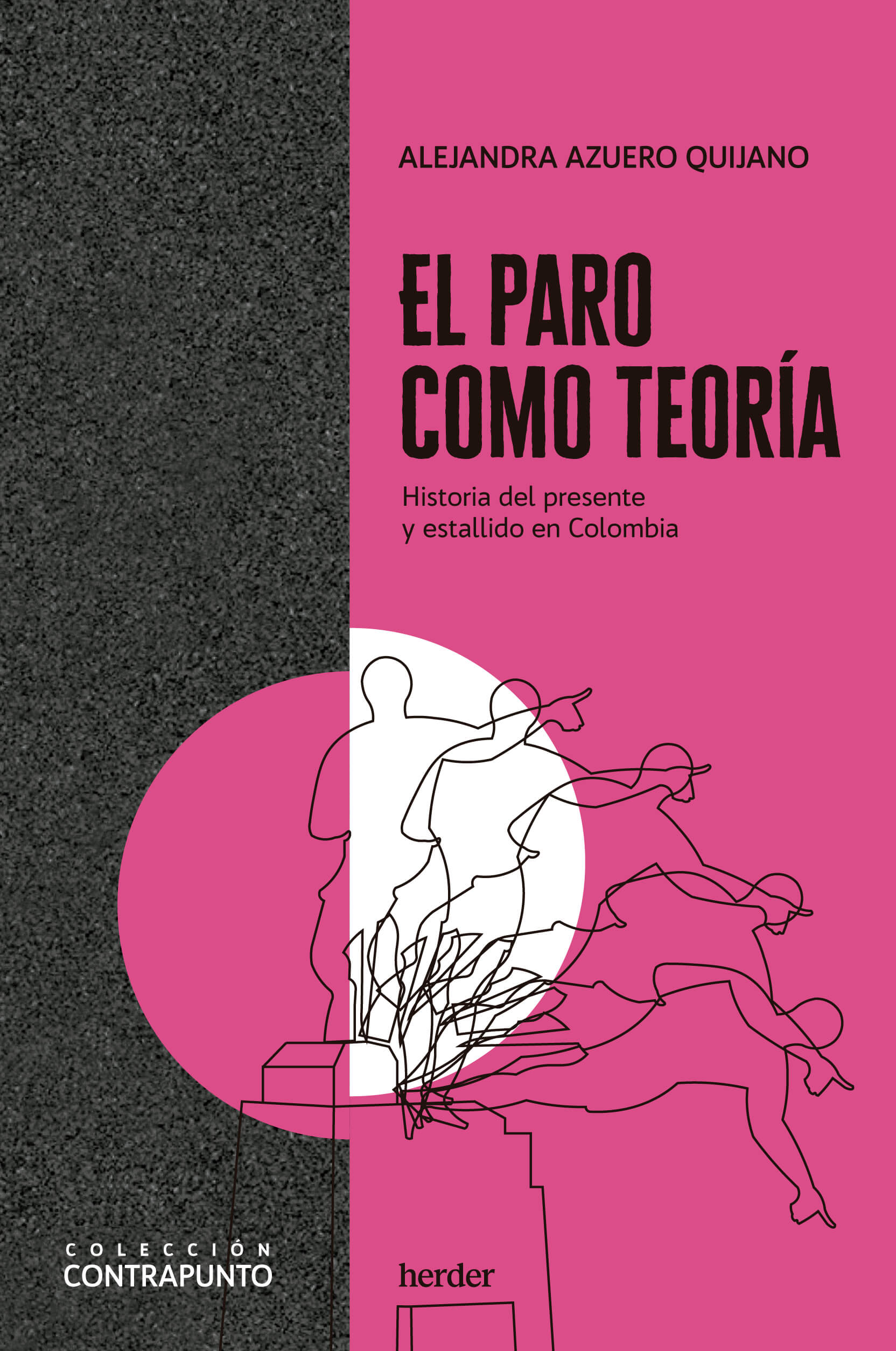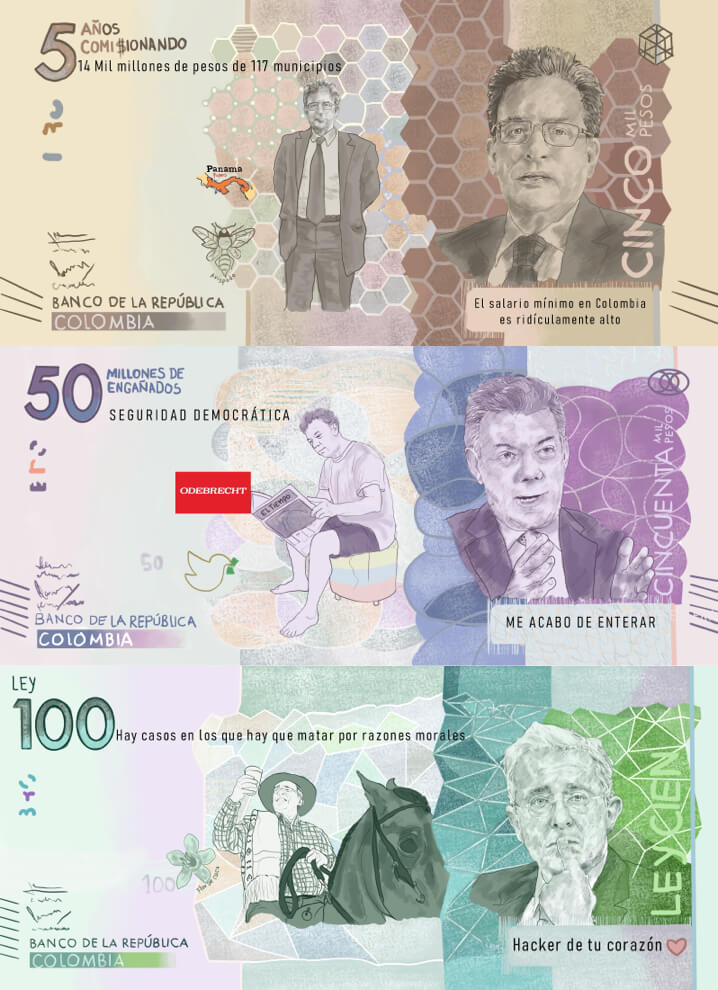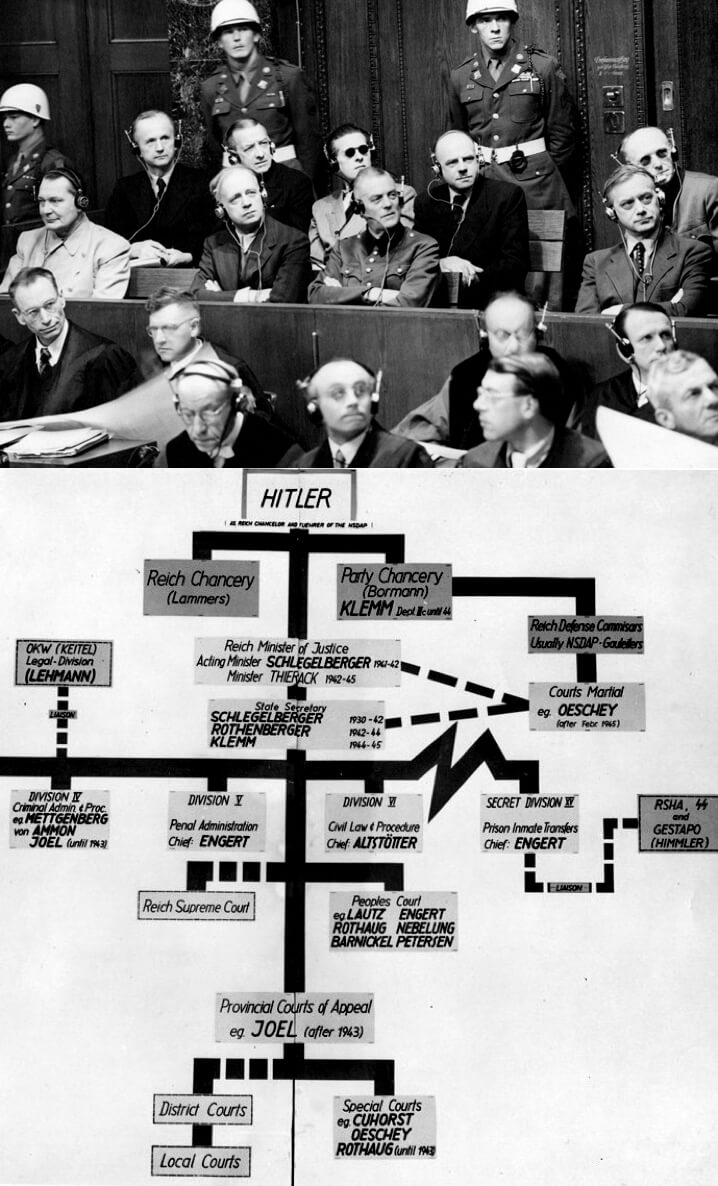Alejandra's Bio

Alejandra Azuero-Quijano is a lawyer and anthropologist, she currently works as Assistant Professor of Anthropology at Swarthmore College in Philadelphia. In her first book, El Paro como teoría: Historia del presente y estallido en Colombia (Herder, 2023), currently being translated to English, Azuero-Quijano conceptualizes the 2021 national strike in Colombia as an "epistemic uprising", an event that articulates histories and time-rhythms, enabling a rethinking of the past to comprehend and update the politics of the present. Her next book project, Forensics of Finance, examines the role of financial forensic expertise in shaping Colombia’s most recent political transition. Azuero-Quijano holds an SJD from Harvard Law School and a PhD in anthropology from the University of Chicago. Her academic work has been published in Cultural Anthropology, Filosofía & Co., Grey Room, and PoLAR. Her essays and poetry have appeared on The Philadelphia Inquirer, Al Jazeera, and New American Writing, among others.



